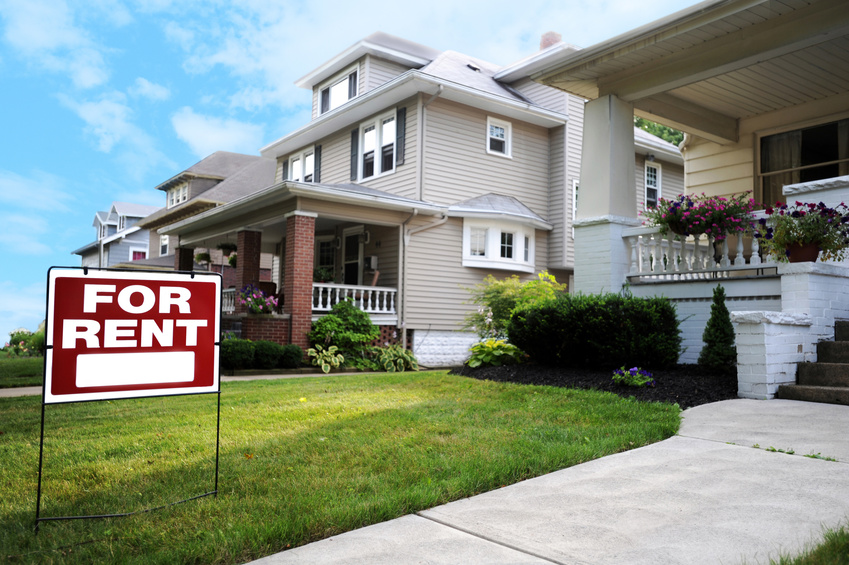Although renting an apartment is seen as a young person’s rite of passage, recent data reveals that it’s actually our nation’s oldest residents who are embracing the rental market. In an effort to downsize and to get rid of the financial burden associated with regular mortgage payments, many senior citizens are opting to rent instead of own. But is it always a smart decision?
Statistics show that more than 10,000 Americans reach the retirement age of 65 each day. What’s more, the senior population will prove to be the fastest growing in coming years. And if things keep progressing as they have, this demographic will really take over the rental market. According to an analysis of U.S. Census data conducted by RentCafe, renters ages 60 and above who live in cities of at least 100,000 increased by 43% between 2007 and 2017. Renters in the Gen Z and Millennial demographics increased far less during the same period (by 17% and 7%, respectively), despite the fact that most people think of renting as a younger person’s housing option.
The study found that as older Americans’ children move out of the house, there’s more incentive to remove the added stresses of ownership (including frequent upkeep). Other senior renters never purchased houses in the first place or were forced to sell due to the Great Recession (and were then forced to continue renting due to related financial constraints). As more individuals in the Baby Boomer generation retire, it’s predicted that the number of older renters will continue to rise. RentCafe predicted that by 2035, renters over the age of 60 will make up 31% of the rental market, as compared to the mere 18% represented by this demographic back in 2007. Since renting is already at a 50-year high, with 36.6% of all Americans opting to rent rather than own, this could make for a significant impact on the nation’s pre-existing housing issues.
But even though renting could ease the burden of a mortgage, there are other financial implications to consider. Because older renters tend to have needs that younger renters do not, it can be tough for seniors to even afford the higher costs of living. Considering that 70% of Americans turning 65 will need long-term care at some point, renting could potentially eat away at a greater percentage of senior income and savings, causing older renters to sacrifice in other areas. On the other hand, home maintenance, property taxes, and insurance payments can represent enough of an economic problem that many seniors are willing to give up the idea of having equity so they can have more flexibility and freedom.
Still, so-called “affordable housing” doesn’t always exist, particularly in areas with higher populations (and subsequent increased access to necessary services). According to the National Low Income Housing Coalition, there is currently a shortage of 7 million homes that are both affordable and available to low-income renters. Since rents have risen faster than renter incomes over the past 20 years, affordable housing supply has lagged behind — particularly as more people choose to rent than own. Cities will have to accommodate the changing demographics of renters to make them both affordable and accessible — but whether they will do so remains to be seen.

